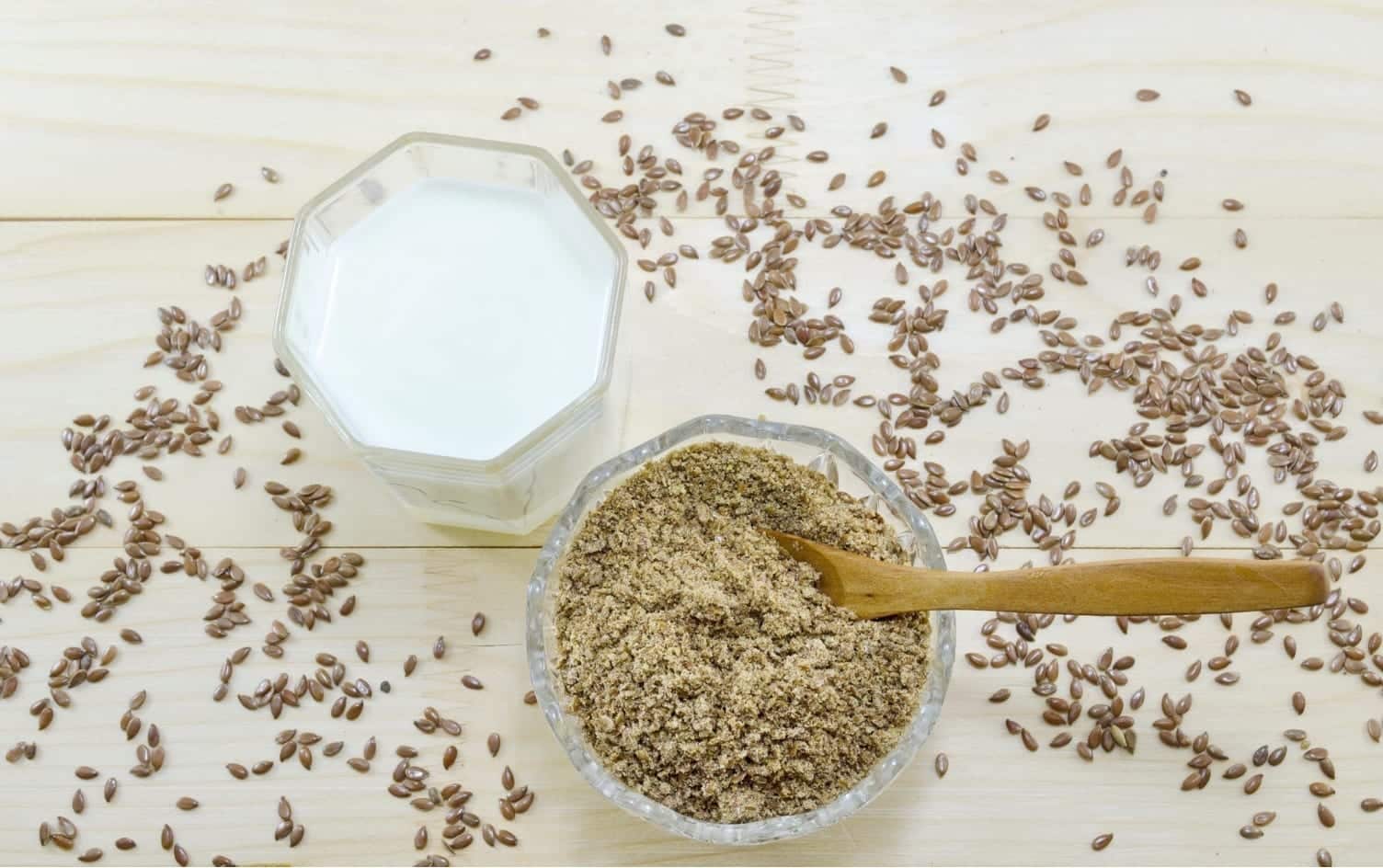Among the health-conscious crowd, nondairy milks are arguably just as mainstream as their dairy counterparts. Usually, the same types tend to be popular among consumers: almond, soy and coconut milk, for example.
But a newcomer to the scene — flax milk — is popping up in grocery store aisles, health blogs and plant-based recipes. “You can make a plant milk out of just about every type of grain, seed or nut, so it’s not a surprise that flax seeds have been turned into a milk product,” says Sharon Palmer, RD, author of “The Plant-Powered Diet.”
Here, a more detailed look at the beverage:
WHAT IS FLAX MILK?
“Flax milk is made out of flax seeds or flax oil, which is pressed from flax seeds and filtered water,” says Palmer.
It’s generally a mild-tasting nondairy milk and might have starch as well as other vitamins and minerals added to it, she notes.
HOW NUTRITIOUS IS FLAX MILK?
Flax milks tend to be lower in calories than some other nondairy milks, says Palmer. At about 50 calories a serving, it’s lower than soy (which clocks in around 110 calories) and almond (which has 60 calories), for example.
It’s also high in heart-healthy fatty acids called omega-3’s, says Palmer. In particular, flax is a solid source of alpha-linolenic acid (ALA), a type of omega-3 that is an essential fatty acid, which means your body can’t make it, so you have to take it in from your diet.
However, a downside can be that naturally, flax milk is low in protein (in fact, one brand that sells the milk, Karma, includes 0g protein in its original product). But you can look for variations fortified with plant protein — Karma makes ones with up to 8 grams of the macro. Similarly, it’s a good idea to look for flax milks that are fortified with nutrients such as vitamin D and calcium, important for strong bones, immune system, muscular, nerve and brain health. Many other plant milks are fortified with these nutrients as well, notes Palmer.
THE BOTTOM LINE
Palmer says flax milk is a fairly neutral choice in terms of nondairy milks and, because of its mild taste, it’s easy to use in a variety of recipes. Plus, its creamy texture means it pairs well with coffee.
It’s also good option for someone who might be allergic to soy or doesn’t like the taste and, because it’s uniquely an impressive source of omega-3’s compared to other plant milks, it can be a healthy choice for someone looking for a dose of the fatty acids, she says.
But Palmer cautions to be aware of the lack of protein. In fact, if you use nondairy milks daily in your diet and have a potential for falling short on protein (or work out regularly and need a little bit more than the average person), consider either the protein-fortified option or a nondairy milk that naturally has more protein, such as soy or almond.




